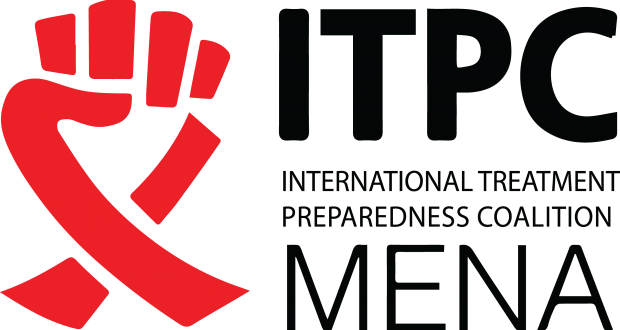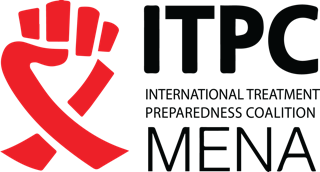
Launch of Moroccan Generic Sofosbuvir: A Victory for the Wide-spread Use HCV Treatment in Morocco
According to the Ministry of Health, 625,000 people are infected by HCV, 1.6% of the general population of Morocco. Of those infected, 267,000 people have active chronic infection requiring treatment. Until recently, the management of HCV infection has been hampered by inadequate and costly treatments. The standard treatment involved a combination of pegylated interferon and ribavirin for a lengthy period of up to six months. The biological monitoring of this treatment is complex and costly, patients will experience serious side effects, with a success rate of only about 55%. Despite this, the price remains exorbitant ranging from 90,000 to 120,000 DH.
The introduction of a new class of drugs known as direct acting antiviral agents (DAAs) represents a real revolution in the management of viral hepatitis C. The duration of treatment can be as short as 12 weeks, there are few side-effects and the success rate is close to 100%. These ADAs also have the advantage of being much cheaper to produce, even if the laboratories holding the patents demand exorbitant prices.
Indeed, the production of a complete regimen (12 weeks) of sofosbuvir comes to roughly 100 US dollars; however the laboratory Gilead offers this treatment for $80,000 in the United States. In September 2014 Gilead took moves to block any attempt by countries like Morocco to resort to cheaper generic versions by signing a voluntary license with 11 major manufacturers in India formally prohibiting them from supplying the majority of middle-income countries, of which Morocco is one.
“This local production of sofosbuvir, even if it is done without the agreement of Gilead, is perfectly legal both with respect to the Moroccan legislation on intellectual property and international agreements signed by Morocco on this subject”, according to Othman Mellouk, Head of Intellectual Property and Access to Medicines at ITPC. “Gilead does not have any blocking patent in Morocco on the molecule. The exclusion of Morocco from the Indian license constituted a true abuse of monopoly which has just been repaired “.
It should be noted, however, that sofosbuvir is not used alone and that it needs to be combined with other medicines. For now, its availability will reduce the duration of treatment and increase the effectiveness of old molecules (peg interferon and ribavirin). According to Othman Mellouk, “the announced price of 3,000DH per month is a good start and is the average of currently available generics. But we expect this price to decline as competition comes in, because versions already less than 2,000DH are already available. We would also like to be able to definitively do away with pegylated interferon, now obsolete, and for this we will need another DAA like daclatasvir. With a combination of these two molecules (sofosbuvir + daclatasvir), we will be able to offer a complete treatment in oral form only, without side effect, requiring no complex biological examinations, for a reduced cost and at optimal efficiency”.
ITPC-MENA welcomes this first initiative and calls on the national pharmaceutical industry and the Ministry of Health to quickly launch local production of daclatasvir in order to make the therapeutic revolution a reality for the many Moroccan patients suffering from chronic HCV infection.









